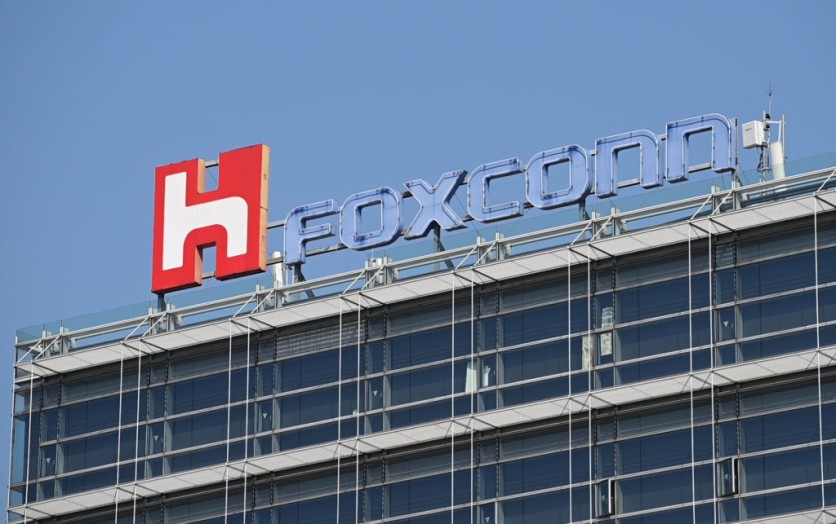
Foxconn, Apple's supplier, says that the ongoing global shortage for all electronic components will continue until 2022.
Together with the other massive tech companies, Foxconn has announced that it is starting to feel the impact of the chip shortage, as it is now visible in its revenue.
Foxconn's Chip Shortage Prediction
According to Foxconn's CEO, Young Liu, the company won't complete some of its orders due to the chip shortage, which they expect to last until mid-2022, Nikkei reports.
During its earnings call, Liu told the company's investors that the supply in the first two months of 2021 was still normal, as their clients are all massive tech companies that were able to secure backups of the chips.
However, they are now starting to see the changes towards the end of the year.
The impact of the chip shortage is not expected to be that large for now. Liu expects that Foxconn will only miss 10% of its orders this year because of it, and the company cited the large order volumes of its clients.
However, it is still a miss for the company and its clients like Apple, who may be forced to delay the release of some of its products.
Despite the shortage, Foxconn acquired its first-ever electric vehicle company in the United States.
The company has struck a deal with the EV startup Lordstown Motors, and it will now have the authority over its electric vehicle manufacturing factory in North America.
Foxconn announced that it purchased Lordstown's Motors' manufacturing plant in Ohio, Illinois, for $230 million and that it would take 4% of the automaker's sales, according to Apple Insider.
As part of the deal, the Apple supplier will produce the Endurance electric pickup truck. The automaker's Ohio plant is 6.2 million square feet that it purchased from General Motors.
COVID-19's Impact on Semiconductors
During the height of the COVID-19 pandemic, Foxconn saw slowdowns in manufacturing after the mandatory government shutdowns and when its factory workers were forced to go under quarantine, according to The Verge.
The delays affected the supply chain. It ultimately led to a November launch for Apple's iPhone 12 lineup, which is unusual for the tech giant since it traditionally launches its new iPhone model every September.
By comparison, this year's slowdown is less drastic, but if some parts continue to be difficult to get, there could still be delays by the end of 2021.
Foxconn is the latest tech company to point out the effects of the ongoing chip shortage and has predicted that it will slow down the production of electronics and vehicles.
Earlier this year, Samsung warned its investors that there is a serious imbalance in the chip industry as it prepares to work on the global chip shortage to continue to release its smartphone models.
Automakers such as Volkswagen, Nissan, Ford, and Toyota have all slowed their vehicle produce because of silicon.
As for consoles, Sony and Microsoft have cited that part and chip shortages are the main reason why they could not drop PS5 consoles and Xbox Series X consoles as often as they like.
Related Article: Global Chip Shortage to Be Answered by Sony and TSMC's New Plant in Japan? Would This Affect Relationship with Apple?
This article is owned by Tech Times
Written by Sophie Webster
ⓒ 2026 TECHTIMES.com All rights reserved. Do not reproduce without permission.




